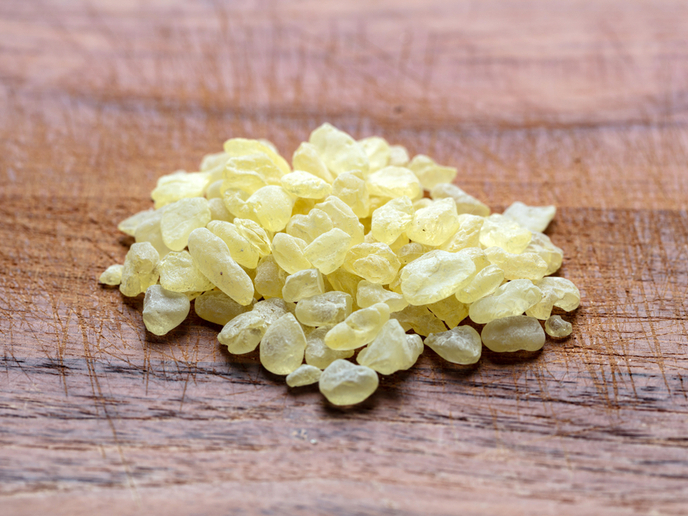Greek mastiha for non-alcoholic fatty liver disease
More than half of obese and diabetic patients will develop non-alcoholic fatty liver disease NAFLD(opens in new window) at some stage in their life. NAFLD encompasses a number of different abnormalities, including hepatic steatosis and non-alcoholic steatohepatitis (NASH). Currently, there are no approved drugs against NAFLD, which is a risk factor for the development of cirrhosis or hepatocellular carcinoma.
Efficacy of the natural product mastiha against NAFLD
The EU-funded MAST4HEALTH(opens in new window) project explored a non-pharmacological approach for disease management. The research was undertaken with the support of the Marie Skłodowska-Curie programme and focused on the use of mastiha(opens in new window), a natural supplement with known health benefits. Mastiha is obtained as a resin from the stems and the branches of the shrub Pistacia lentiscus, cultivated exclusively in Chios island in Greece. Previous studies have proven the presence of polyphenols(opens in new window) and terpenes in mastiha and their bioavailability in humans. “Several antimicrobial, antioxidant, anti-inflammatory and lipid-lowering properties have been attributed not only to the constituents of mastiha but to the natural product itself as well,” explains George Dedoussis, MAST4HEALTH project coordinator and Professor of Molecular Genetics and Nutrigenetics at Harokopio University in Greece.
Preclinical evidence supports mastiha efficacy
The pathophysiological mechanisms of NAFLD are poorly understood. Apart from diabetes and obesity, dyslipidaemia and hypertension constitute additional risk factors. Moreover, accumulating evidence suggests that the gut microbiome and epigenetic modifications participate in the onset and progression of NAFLD/NASH. The intestinal microbiota is believed to stimulate liver steatosis by harvesting energy from otherwise indigestible dietary polysaccharides, by regulating metabolism and stimulating low-grade inflammation. Previous work(opens in new window) by the consortium had validated the efficacy of mastiha in experimental animals with diet-induced obesity, NASH and fibrosis. More specifically, animals receiving mastiha supplements in their diet reduced circulating alanine aminotransferase(opens in new window) levels indicative of liver function and NAFLD activity score. Furthermore, they improved hepatic steatosis and exhibited a partial recovery of gut microbiota diversity.
Mastiha supplementation in individuals with NAFLD
A previous clinical trial(opens in new window) on patients with inflammatory bowel disease had demonstrated that mastiha intervention leads to favourable changes in oxidative stress and faecal biomarkers as well as reduced inflammation(opens in new window). To corroborate the data of mastiha supplementation in NAFLD patients, the MAST4HEALTH team conducted a multicentre randomised double-blind placebo-controlled clinical trial. Patients received mastiha supplements in a capsule form, and specific genetic and epigenetic biomarkers were evaluated alongside metabolomic and intestinal microbiota profiles. Partners used cutting-edge methodologies for the analysis and integration of data derived from the clinical trial. Results will be published soon but preliminary evidence indicates that NAFLD patients receiving mastiha show an overall improvement. As suggested above, a natural supplement prepared with mastiha could serve as an innovative treatment for various diseases with or without additional medication. With respect to NAFLD, a non-pharmacologic treatment based on mastiha will undoubtedly be a useful tool in clinical practice worldwide. Although further investigation is required to delineate the mechanism underlying mastiha’s mode of action, it seems that it has the capacity to improve standard of care for NAFLD patients. Project work holds promise not only for potentially improving the quality of life of those affected but also that of participating researchers. “The importance of the MAST4HEALTH project goes beyond the impact of the results of the clinical trial; it offered a unique opportunity to secondees to experience different working sectors and state-of-the-art technologies,” concludes Dedoussis.







